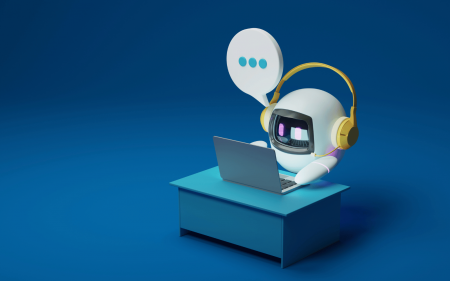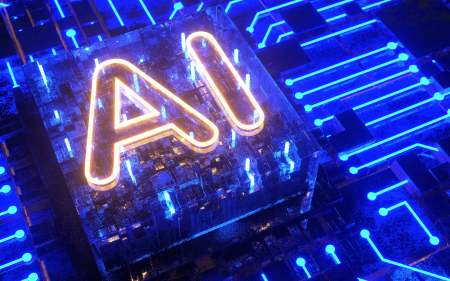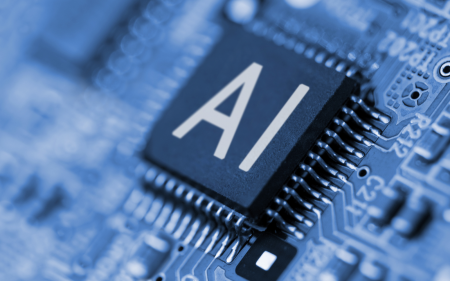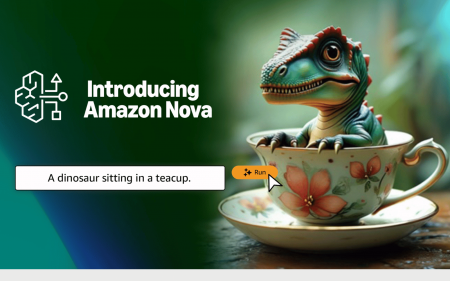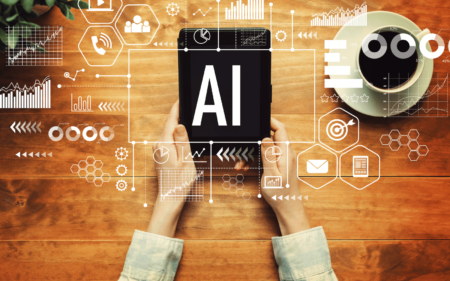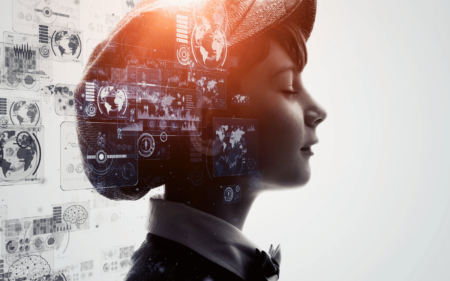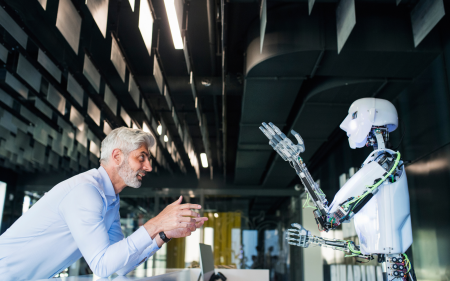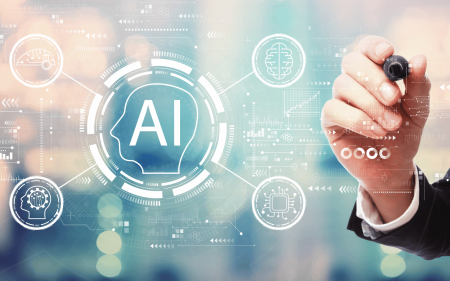I’m a computer scientist and a bad Christmas shopper. Over the weekend, I wondered whether AI systems might be able…
Browsing: artificial intelligence
Easy, portable and convenient. The latest AI-powered well-being and meditation apps may sound like the ideal solution for those looking…
The arrival of AI systems called large language models (LLMs), like OpenAI’s ChatGPT chatbot, has been heralded as the start…
Can artificial intelligence (AI) tell whether you’re happy, sad, angry or frustrated? According to technology companies that offer AI-enabled emotion…
Online shopping often involves endless options and fleeting discounts. A single search for running shoes can yield hundreds of results…
Amazon has announced a new group of AI models under the ‘Nova’ moniker. The Amazon Nova foundation models can be…
What will humans be like generations from now in a world transformed by artificial intelligence (AI)? Plenty of thinkers have…
Artificial intelligence (AI) is revolutionizing the way companies market their products, enabling them to target consumers in personalized and interactive ways that…
Anthropomorphism occurs when we attribute human characteristics to non-human entities like animals or machines. Chatbots, such as ChatGPT, Gemini and Copilot,…
OpenAI recently unveiled its latest artificial intelligence (AI) models, o1-preview and o1-mini (also referred to as “Strawberry”), claiming a significant leap in the reasoning…



